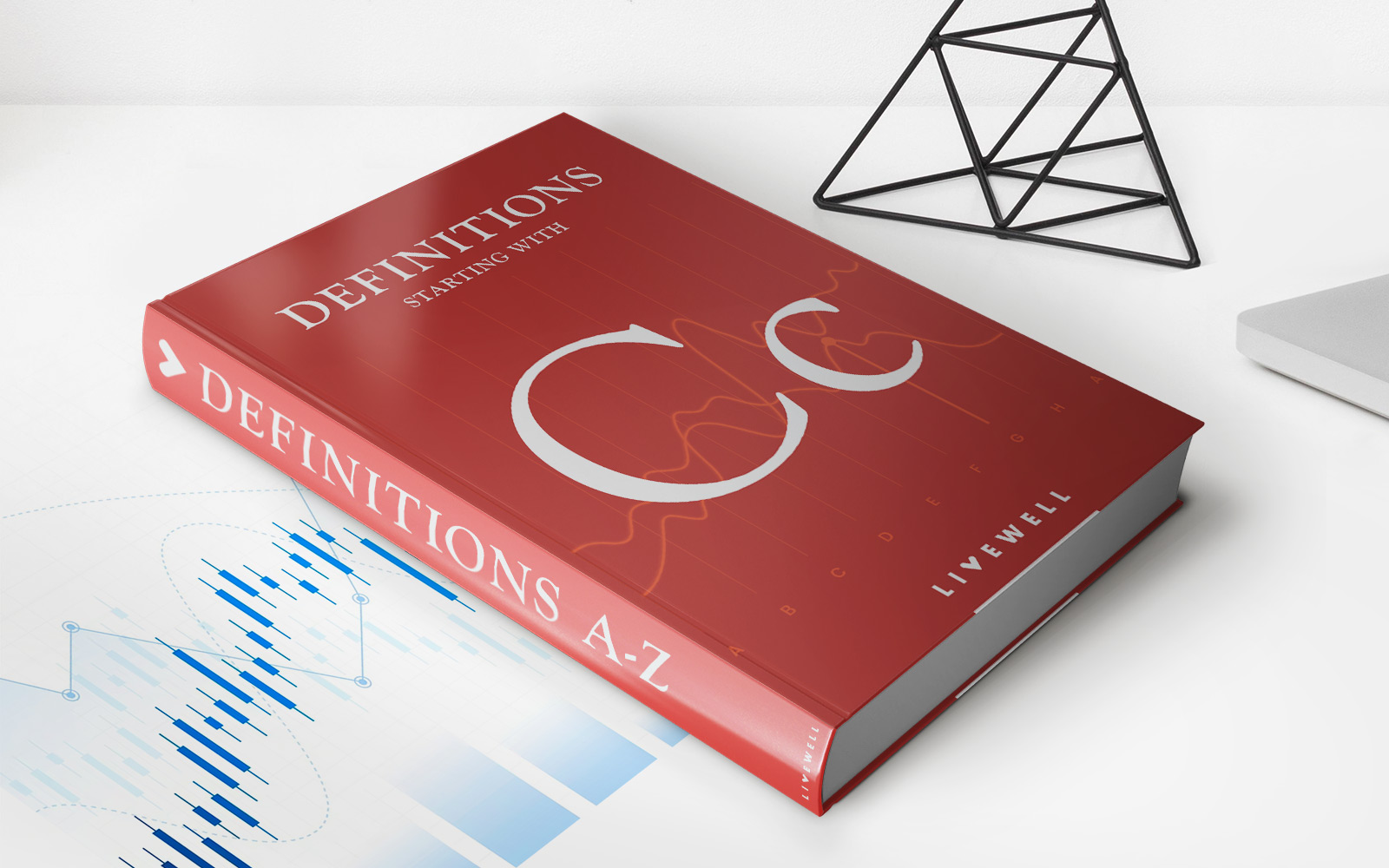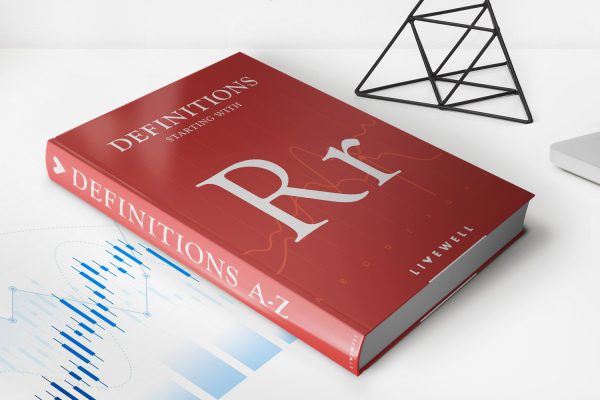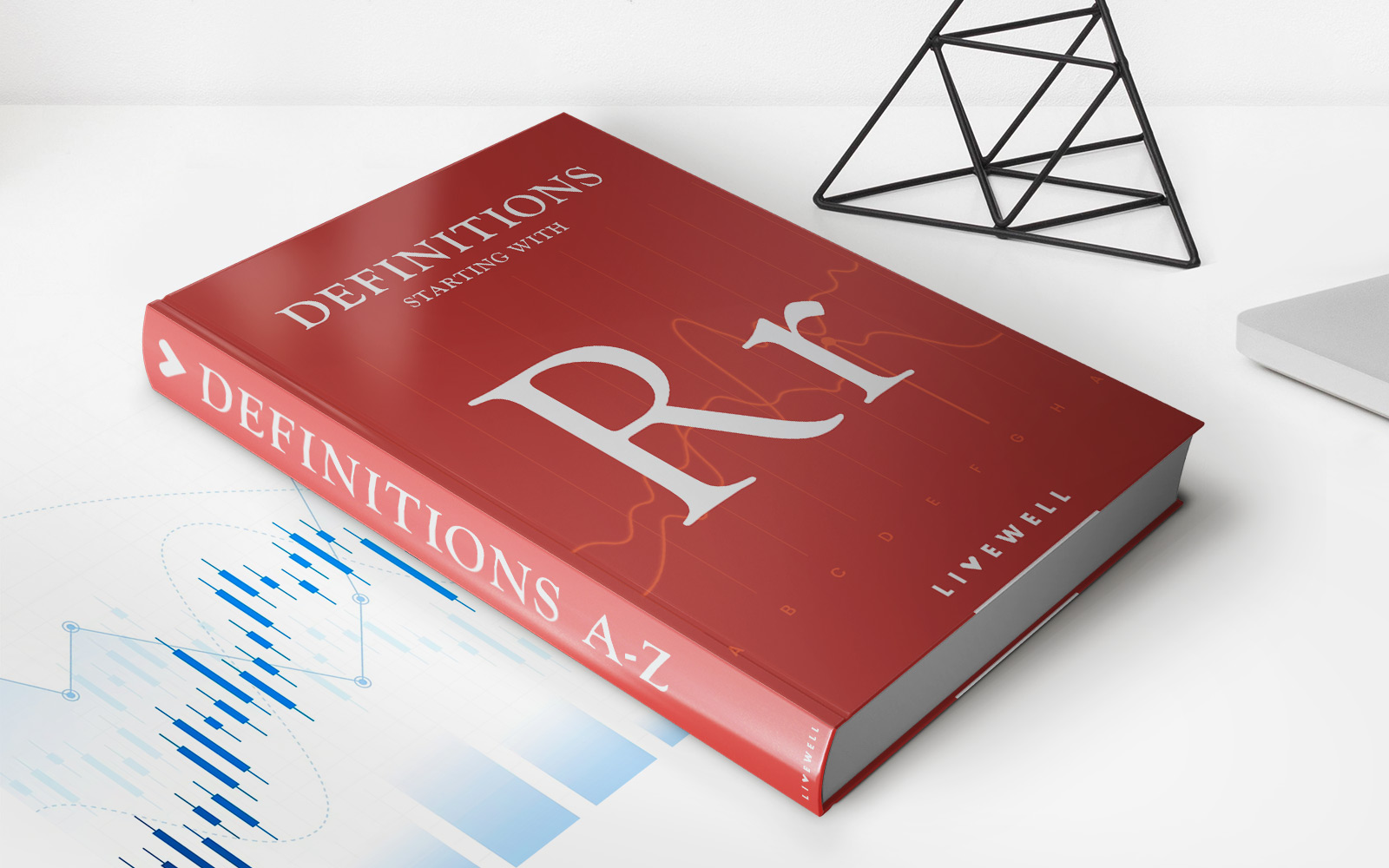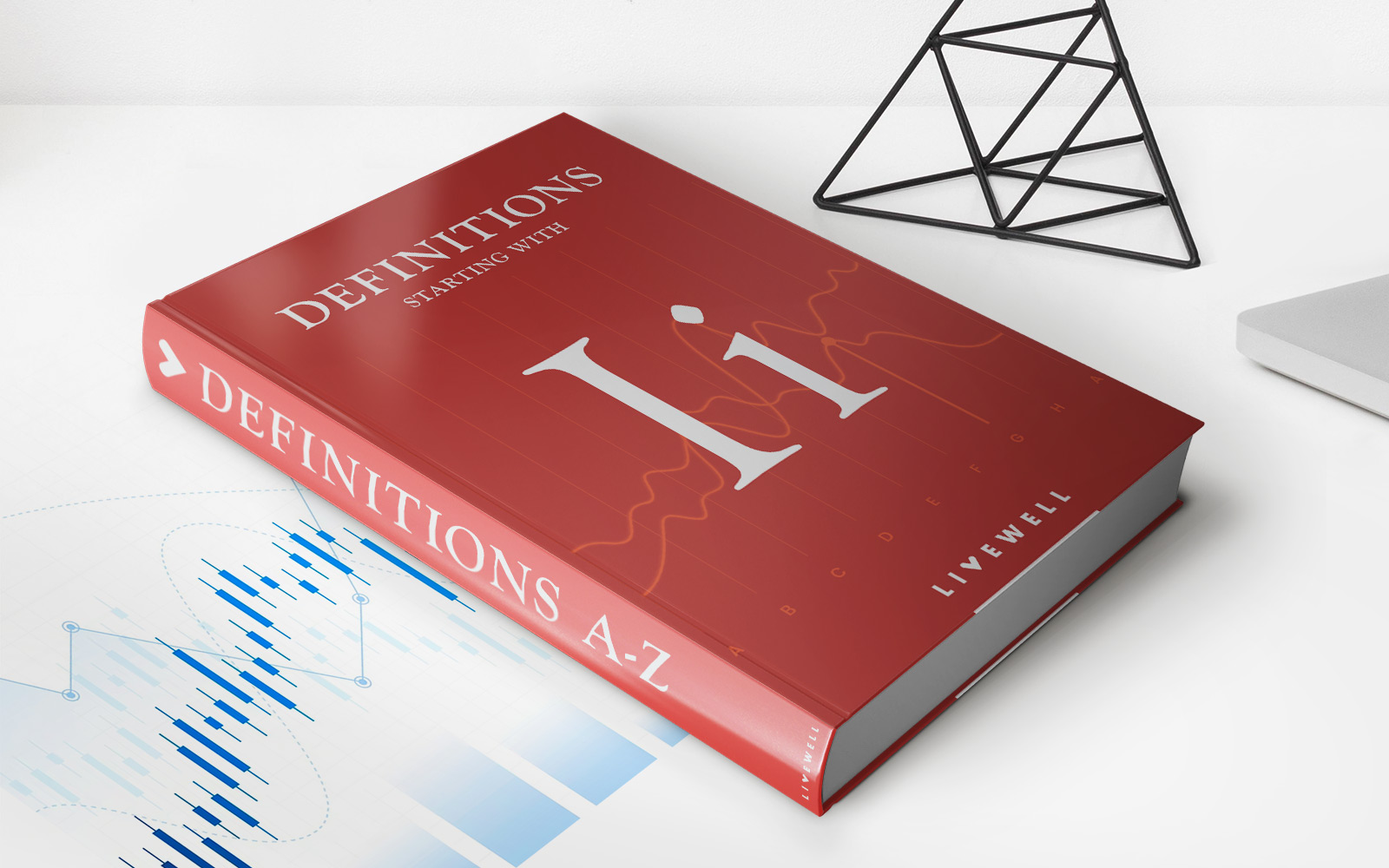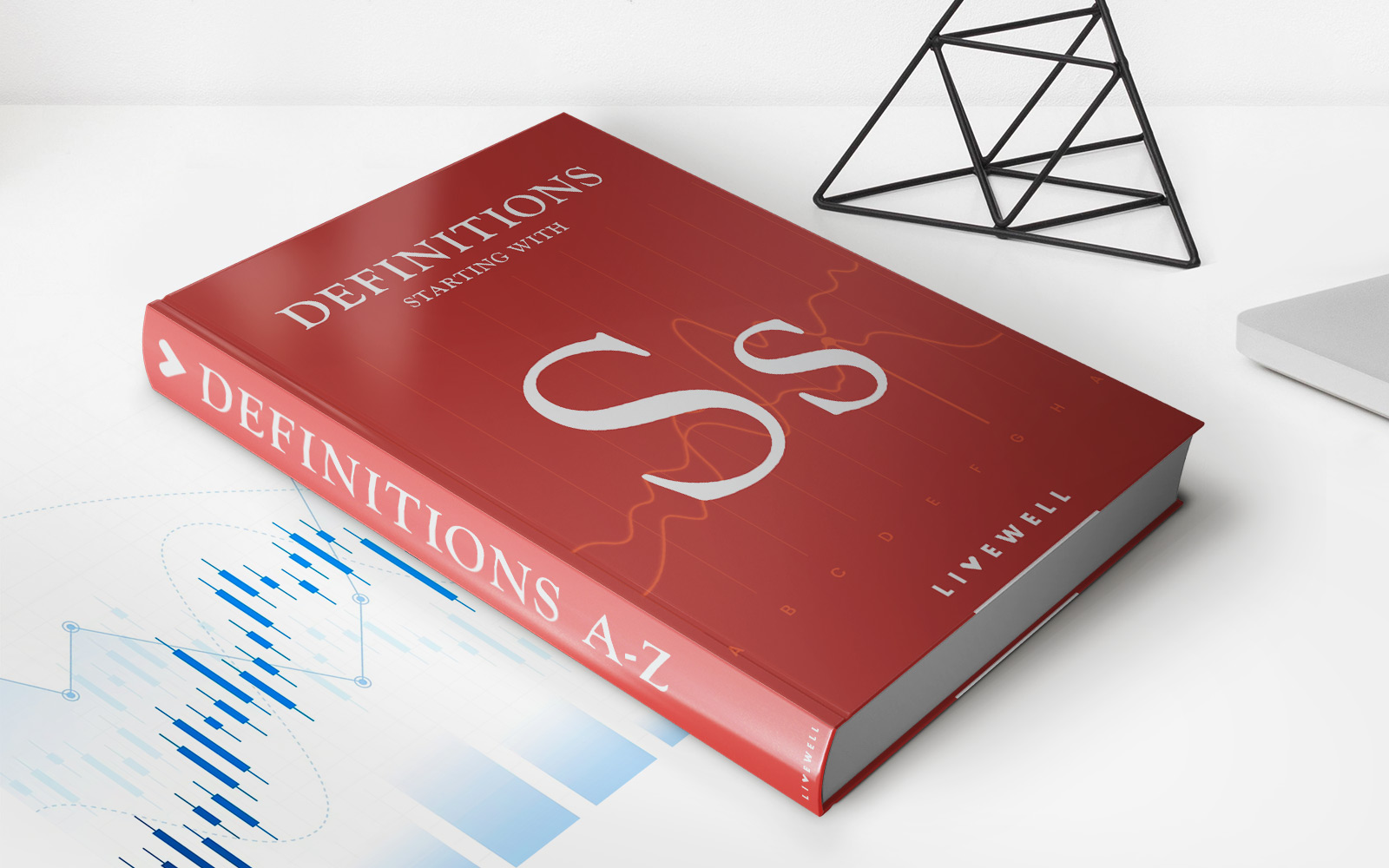Home>Finance>Inventory Reserve: Definition, Purpose, And Use In Accounting
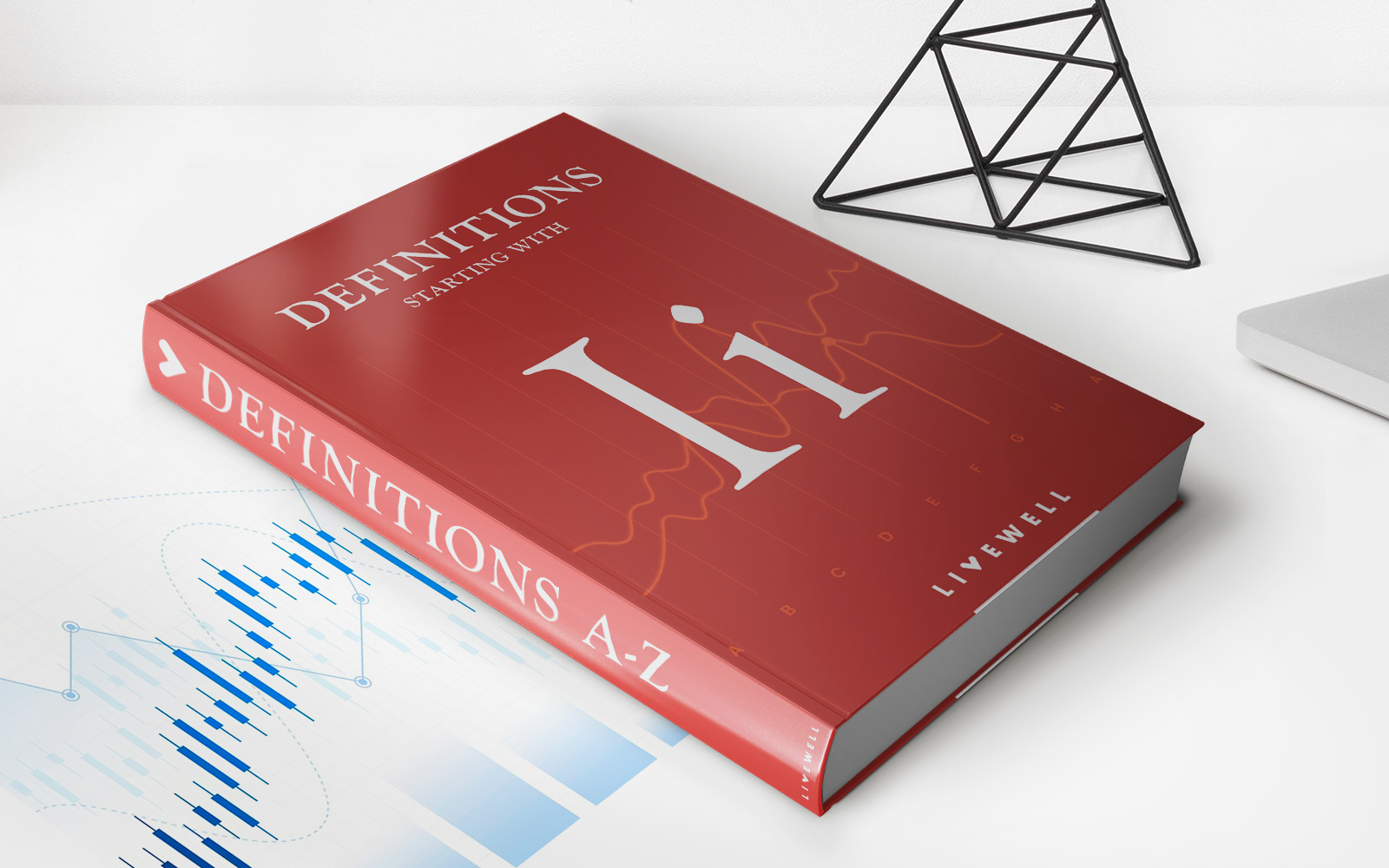

Finance
Inventory Reserve: Definition, Purpose, And Use In Accounting
Published: December 12, 2023
Discover the definition, purpose, and use of inventory reserves in the field of finance. Enhance your accounting knowledge and improve financial decision-making with inventory reserves.
(Many of the links in this article redirect to a specific reviewed product. Your purchase of these products through affiliate links helps to generate commission for LiveWell, at no extra cost. Learn more)
Inventory Reserve: Definition, Purpose, and Use in Accounting
Welcome to our “FINANCE” blog category! In this post, we will dive into the world of inventory reserves – a fundamental concept in accounting that helps businesses accurately reflect the value of their inventory on their financial statements. Whether you’re a small business owner or an accounting enthusiast, understanding inventory reserves is crucial for proper financial management. So, let’s explore what inventory reserves are, why they are important, and how businesses utilize them in their accounting practices.
Key Takeaways:
- Inventory reserves are a contingency measure taken by businesses to account for potential losses associated with the disposal or sale of inventory.
- These reserves help businesses accurately report their inventory value, reducing the risk of overstating assets and ensuring financial statements reflect the true financial position of a company.
<
Defining Inventory Reserve
Inventory reserve, also known as a provision for inventory obsolescence, is a financial tool used by businesses to account for potential losses in the value of their inventory. It serves as a contingency measure and is included in a company’s financial statements to ensure accurate reporting of assets and liabilities.
Inventory reserves are primarily established to cover potential losses associated with inventory obsolescence, damage, spoilage, or shifts in market demand. By setting aside a reserve for these contingencies, businesses aim to reflect the most realistic value of their inventory in their financial statements.
Purpose and Importance of Inventory Reserves
Inventory reserves play a vital role in the accounting practices of businesses. Here are the key purposes and the reasons why they are considered important:
- Accurate Financial Reporting: Inventory reserves allow businesses to report their inventory at a more conservative value. This helps prevent the overstatement of assets, providing a clearer and more accurate representation of a company’s financial position.
- Risk Mitigation: Establishing inventory reserves helps businesses to minimize the risk of unexpected losses. By accounting for potential inventory depreciation or obsolescence, companies can better protect themselves against future uncertainties.
- Decision-Making Support: Having a proper inventory reserve in place provides businesses with a more realistic view of their profitability and financial stability. This information aids management in making informed decisions related to pricing strategies, inventory management, and budget allocation.
Utilizing Inventory Reserves
So, how do businesses actually utilize inventory reserves in their accounting practices? The process typically involves the following steps:
- Periodic Assessment: Businesses regularly assess their inventory to identify potential risks and contingencies. This evaluation helps determine the need for establishing or adjusting inventory reserves.
- Estimation and Calculation: Once potential inventory losses are identified, businesses estimate the value of these losses and calculate the corresponding inventory reserve. This calculation is usually based on historical data and industry trends.
- Recording the Reserve: The calculated inventory reserve is then recorded on the balance sheet as a contra-asset account. This reduces the reported value of inventory, reflecting the anticipated losses.
- Periodic Reassessment: With changing market conditions or actual inventory obsolescence, businesses periodically reassess the adequacy of their inventory reserves. Adjustments are made if necessary to ensure accurate financial reporting.
Overall, inventory reserves are essential financial tools that play a crucial role in accurate inventory valuation and reporting. By establishing these reserves, businesses can safeguard their financial standing, make informed decisions, and navigate potential risks associated with inventory value fluctuations.
As you can see, inventory reserves are more than just an accounting practice, but a strategic approach to managing a company’s financial stability and growth. It is crucial for any business, big or small, to understand and implement proper inventory reserve practices to ensure accurate financial reporting and informed decision-making.
We hope you found this blog post helpful in unraveling the complexities of inventory reserves. Stay tuned for more insightful and informative posts in our “FINANCE” blog category!




